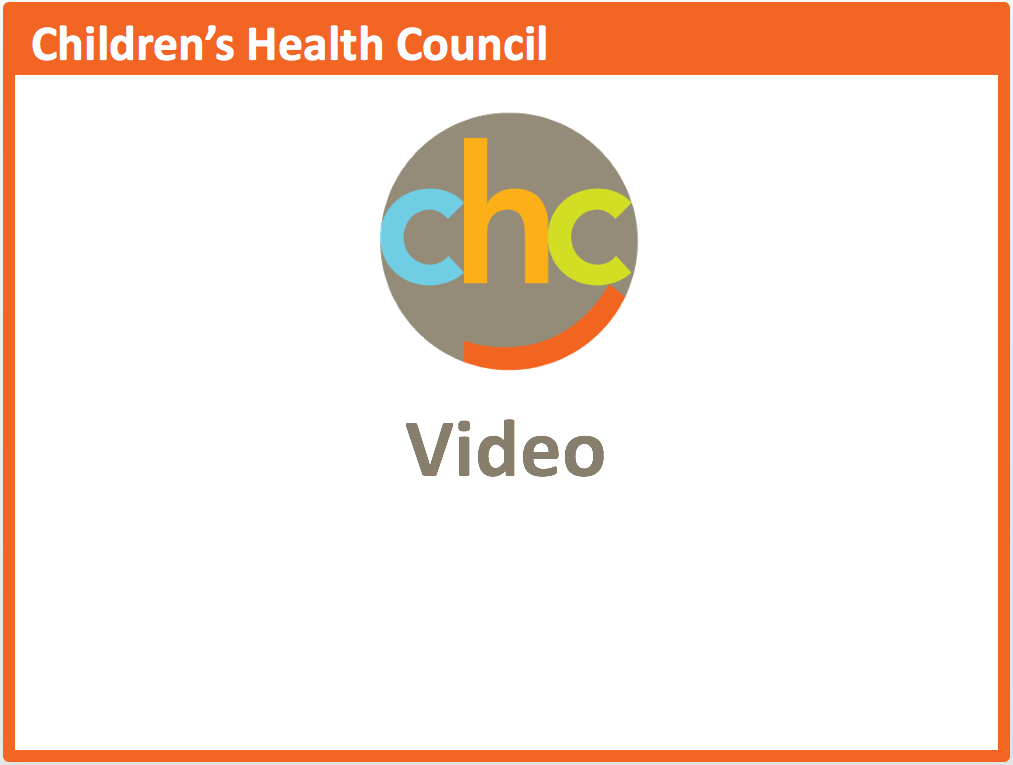 Navigating the special education landscape can be daunting for parents trying to get the best education for their children. Here’s a guide to Individualized Education Programs, 504 plans and other aspects of special education.
Navigating the special education landscape can be daunting for parents trying to get the best education for their children. Here’s a guide to Individualized Education Programs, 504 plans and other aspects of special education.
What is an IEP?
An IEP is an individualized education program, an educational road map for children with disabilities. Required by the federal Individuals with Disabilities Education Act, an IEP is a regularly updated document that outlines goals and milestones for students based on their unique abilities. IEPs are created by teachers, parents, school administrators, other school staff such as psychologists, and sometimes students themselves. All students in special education have IEPs.
What is a 504 plan?
“504 plan” refers to section 504 of the U.S. Rehabilitation Act of 1973, which states that any organization, including a school, that receives federal money cannot discriminate against people with disabilities. At schools, this can mean that students with learning disabilities, for example, can get extra time to take tests or finish homework, sit near the front of the classroom, or use textbooks in formats they can understand, such as audiobooks.
In general, the goal of a 504 plan is to accommodate students with disabilities in general education classrooms.
What’s the difference?
A 504 plan is geared toward ensuring a student has equitable access to a learning environment. An IEP focuses on educational benefits, and often includes direct services such as speech or occupational therapy. Both are free. Some students have both, and some just have one or the other. 504 plans are typically available to students with a broader range of disabilities, including attention deficit disorders. IEPs are available to students with one 13 specific criteria such as orthopedic impairments or intellectual disabilities.
What’s the advantage to having a 504 or IEP?
IEPs or 504 plans can help a student with disabilities – from minor learning disabilities to profound physical, emotional or intellectual impairments – succeed in school and beyond.
Special education services can include physical, occupational, speech or behavioral therapy; one-on-one help from a tutor or aide; or instruction from special education teachers who are trained to work with students with unique needs.
Students in special education may spend the majority of their day in general education classrooms and can receive their specialized services there, or they may spend their entire day in a special ed classroom, depending on their needs. Most school districts try to include disabled students in classes with their nondisabled peers as much as possible, in accordance with federal law.
A 504 plan can help a student thrive in a general education classroom with minimal disruption in their education, and it can be tailored to each education environment, such as art class or P.E., that the student experiences throughout the day.
How do I know if my child needs a 504 or IEP?
Schools will evaluate a student to determine whether they qualify for an IEP or 504 plan. Parents can pay for private evaluations, although schools aren’t required to adopt recommendations that come from private reports.
To get an IEP plan, a student’s disability must interfere with their ability to fully benefit from the general education curriculum, meaning that they need specialized instruction. To get a 504 plan, a student’s disability must hinder their ability to learn in a general education classroom without accommodations.
Excerpted from ” Parents’ Guide to 504 Plans and IEPs: What They Are and How They’re Different” in EdSource. Read the full article online.
Source: EdSource | Parents’ Guide to 504 Plans and IEPs: What They Are and How They’re Different, https://edsource.org/2022/parents-guide-to-504-plans-and-ieps-what-they-are-and-how-theyre-different/669493 | copyright 2022 EdSource
If you have concerns about your child or teen, CHC Care Coordinators can arrange a free 30-minute consultation so you can explore options with an expert. We invite you to call or email us at 650.688.3625 or careteam@stage.chconline.org to set up an initial Parent Consultation appointment. CHC teletherapy services are available now.



